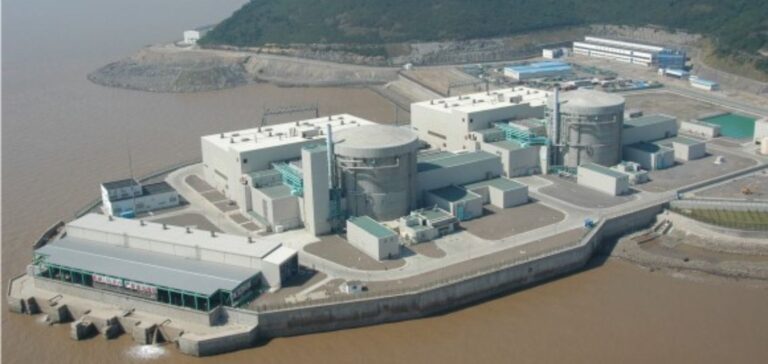AtkinsRealis has announced a strategic partnership with the Carpenters’ Regional Council to support the “Canadians for CANDU” campaign. This initiative, launched on February 28, 2024, aims to promote the adoption of CANDU reactors, a Canadian nuclear technology, both in Canada and internationally.
CANDU (CANada Deuterium Uranium) reactors are a Canadian-developed technology that uses natural uranium as fuel. Renowned for its safety and efficiency, this type of nuclear reactor plays a central role in the country’s energy sector. The partnership with the Carpenters’ Regional Council, which represents 50,000 members in the construction, industry and healthcare sectors, is crucial to supporting this technology.
Importance of CANDU reactors
CANDU reactors, developed by Atomic Energy of Canada Limited (AECL), are renowned for their ability to use natural uranium, which reduces production and operating costs. These reactors are also capable of reloading fuel without shutdown, thus increasing their operational efficiency. Today, CANDU technology supports more than 76,000 jobs in Canada, including construction, engineering and maintenance.
Joe St. Julian, President of the Nuclear Division at AtkinsRéalis, said: “The support of the Carpenters’ Regional Council is essential to strengthen the economic impact of CANDU technology. Their active participation shows the importance of CANDU technology for job creation and economic development in the nuclear sector.”
A Strategic Partnership
The Carpenters’ Regional Council, through its support, plays a crucial role in promoting CANDU technology. This strategic partnership aims to ensure wider adoption of this technology, thereby promoting growth in the Canadian nuclear sector. Ryan Plante, Local 2222 Coordinator for the Carpenters’ Regional Council, added: “CANDU technology is essential to our industry, providing stable, well-paid jobs for our members.”
The collaboration between AtkinsRéalis and the Carpenters’ Regional Council aims to highlight the economic benefits of CANDU reactors. As a major Canadian innovation, this technology continues to drive economic growth and create jobs in Canada.






















